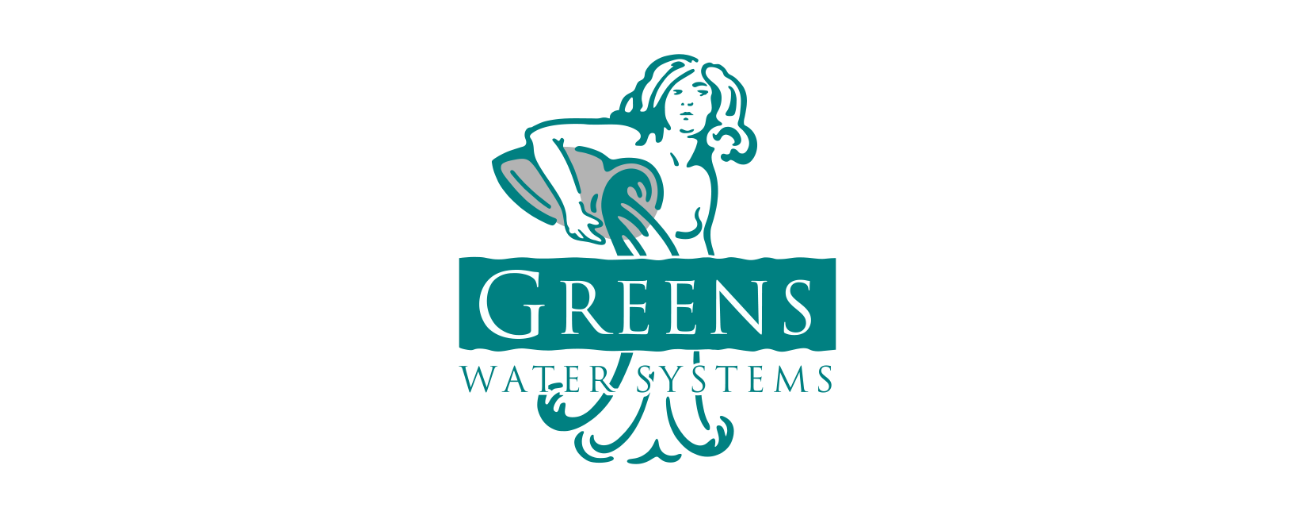-
 Census 2021 Data
Census 2021 Data -
 Homes & Property
Homes & Property -
 Law and Order
Law and Order -
 Jobs & Economy
Jobs & Economy -
 Learning & Schools
Learning & Schools -
 Essential Services
Essential Services -
 Travel & Transport
Travel & Transport -
 Local Amenities
Local Amenities -
 Leisure & Recreation
Leisure & Recreation -
 Environment
Environment
Water Hardness Levels
Irwell Place, Eccles
M30 0FH Salford District (B)
Understanding water hardness and quality in your area
Curious about the water hardness levels in M30 0FH area? Learn what the mineral content means for your home and appliances. Find out how it could impact your daily life and what you can do to manage it effectively.
Water hardness in the M30 0FH postcode area has been recorded as having:
Soft Water
Observations
0-50 ppm: Soft Water – This water is low in minerals. It's gentle on appliances and your skin, but you may notice soap doesn't lather as well.
What does this mean?
*Water hardness is measured in milligrams per litre (mg/L) or parts per million (ppm) of calcium carbonate (CaCO2). This tells you how much calcium and magnesium is present in the water.
In the UK, you'll often see water hardness expressed in degrees:
Degrees Clarke (°Cl)
This is a British measure where one degree Clarke is equivalent to 1 part of calcium carbonate per 70,000 parts of water.
These measures give you an idea of how "hard" or "soft" the water is, with higher numbers indicating harder water, which means more calcium and magnesium. If you ever get your water hardness tested, the results will likely be in one of these units.
Hardness/Softness Levels
Soft Water
Impact
Soft water is gentle on plumbing, appliances, and skin. Households benefit from less soap and detergent usage, as it lathers easily. There's minimal limescale build-up, reducing the need for regular cleaning and maintenance of appliances like kettles, boilers, and dishwashers. For businesses, particularly those in hospitality or healthcare, soft water helps maintain a clean, professional environment with fewer resources needed for cleaning.
What to Know
While soft water is ideal for most uses, it can sometimes feel slippery when washing, which might take some getting used to. It's also less common in natural water supplies, so many people might not experience it without a water softener.

How to reduce water hardness in your home
Understanding water hardness/softness levels helps you manage the impact of water on your home or business and choose the right water treatment solutions if necessary.
Reducing water hardness in your home can significantly improve the lifespan of appliances, reduce energy costs, and make cleaning easier. One of the most effective ways to manage hard water is by installing a water softener. These systems work by exchanging calcium and magnesium ions, which cause hardness, with sodium ions, effectively "softening" the water before it enters your home's plumbing.
For those looking for a less permanent solution, water conditioners can really help. These devices don’t remove the minerals but alter their structure, preventing them from forming limescale. Alternatively, you can add water softening tablets or salt to your washing machine to help protect clothes and your machine from the effects of hard water.
For smaller appliances, like kettles and coffee machines, regular descaling with vinegar, citric acid, or a commercial descaler can prevent limescale build-up in the long run.






